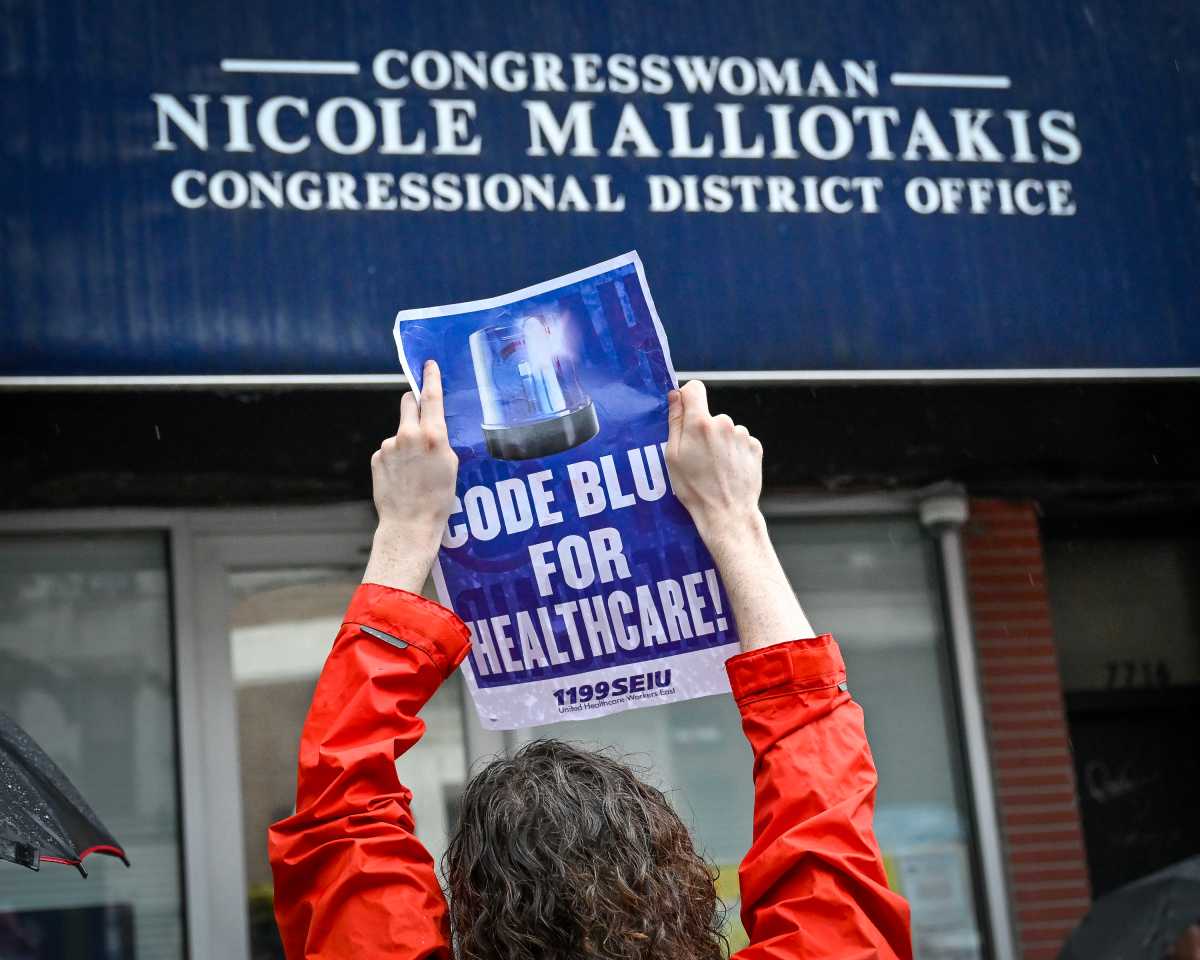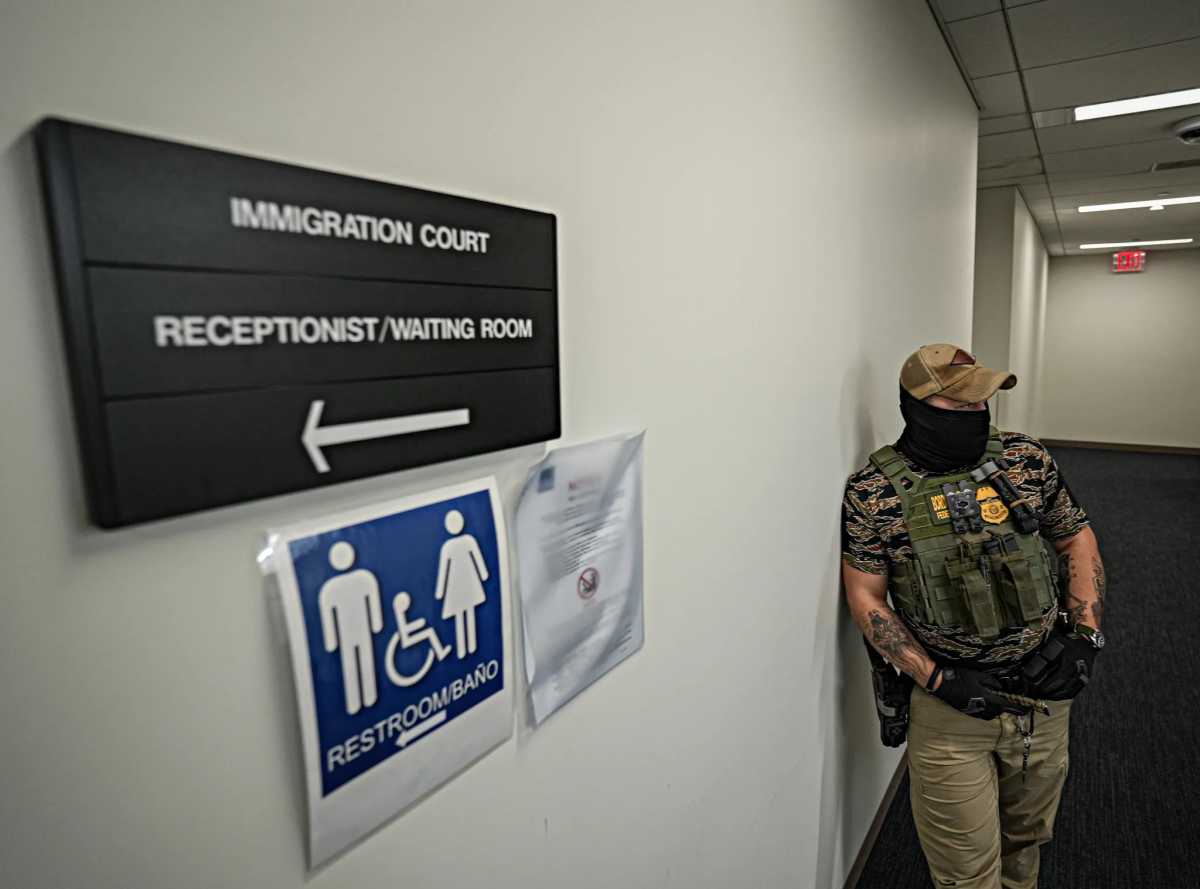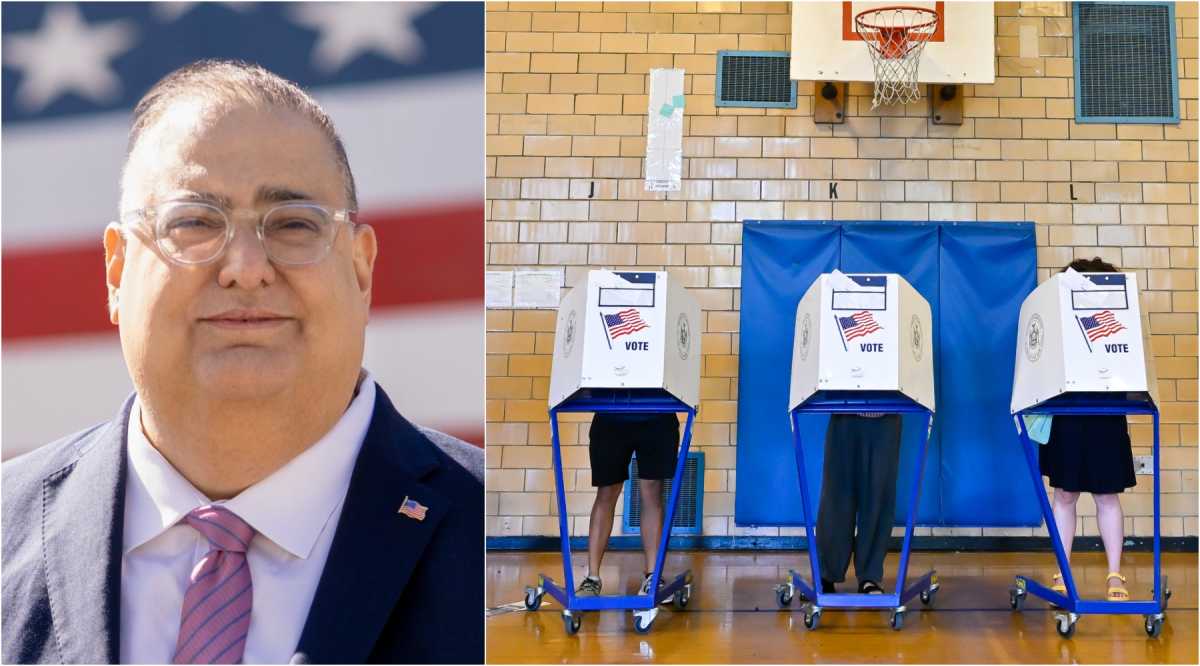Candidate Ross Barkan (D) looking to unseat long-time incumbent State Sen. Marty Golden (R- Bay Ridge, Dyker Heights, Bensonhurst, Bath Beach, Marine Park and Manhattan Beach) released a seven-point plan yesterday to tackle the opioid crisis plaguing his neighborhood and senatorial district he is looking to win.
The plan comes on the heels of remarks Golden made to a local publication that distinguished opioids as “not a ghetto drug.” While the senator later apologized, Golden was widely criticized for his comments.
 “It’s time for real solutions to address the opioid epidemic across Southern Brooklyn,” said Barkan. “Marty Golden’s racist response to this urgent crisis shows that he cares far too little about communities of color and has not done nearly enough to help families in need.”
“It’s time for real solutions to address the opioid epidemic across Southern Brooklyn,” said Barkan. “Marty Golden’s racist response to this urgent crisis shows that he cares far too little about communities of color and has not done nearly enough to help families in need.”
At the start of the proposal, Barkan pinned pharmaceutical companies as part of the problem. The candidate criticized state lawmakers for not aggressively bringing lawsuits against drug companies –– likening the possible outcome to that of the tobacco industry during the late 1990s.
In 1998, 46 states were awarded over $200 billion to pay for medical costs for people with smoke-related illnesses. Barkan added that the state’s budget deficit could benefit from possible revenues gained from such settlements.
“Our constituents need their state government to step up and fight for their friends, their families, and their loved ones in order to hold drug companies accountable,” wrote Barkan.
The candidate also pushed for more funding of medical assisted treatment. In doing so, Barkan mentioned how the course of action has switched from incarceration during the 1980s when crack-cocaine pummeled African-American neighborhoods, to current day methods of treatment. And while Barkan applauded the update in policy, he highlighted the funding disparities between diseases like diabetes versus addiction.
“If New York State is serious about fighting the opioid epidemic, more funding must be dedicated to proven methods of treatment and recovery,” wrote Barkan.
The Brooklyn native previously expressed his support for universal healthcare, and in this plan, he called on legislators to pass the New York Health Act that would outfit every New Yorker with healthcare. In addition, he touched on requiring insurance providers to cover alternative pain management strategies such as acupuncture and chiropractic services.
As for the state’s struggling medical marijuana industry, Barkan blamed it on regulations and suggested targeted outreach to doctors to ensure they are providing the option to patients.
Should he win, Barkan could face a Republican majority and 8 unaligned Independent Democratic Conference (IDC) members in the state senate. But the candidate responded optimistically as it relates to bipartisanship on the opioid issue.
“Republicans understand how the opioid epidemic has destroyed communities, said Barkan. “I’m confident they will support more ambitious ways to deal with the crisis.”
Barkan also honed in on methods in which drugs enter the U.S. In January, the U.S. Senate’s chief oversight committee released a study bringing attention to a cross-continental drug trafficking industry carting nearly $800 million of fentanyl into the states. And while the candidate acknowledged the issue falls under federal jurisdiction, he urged lawmakers to enact legislation that would better scrutinize international shipments.
“Advancing real solutions means taking on Big Pharma, expanding access to addiction treatment at the local level and implementing other long overdue strategies that will finally put adversely affected communities on the path to recovery,” said Barkan. “We simply can’t stand idly by while so many of our friends and neighbors are suffering – we must solve this crisis together, and we must do it now.”










